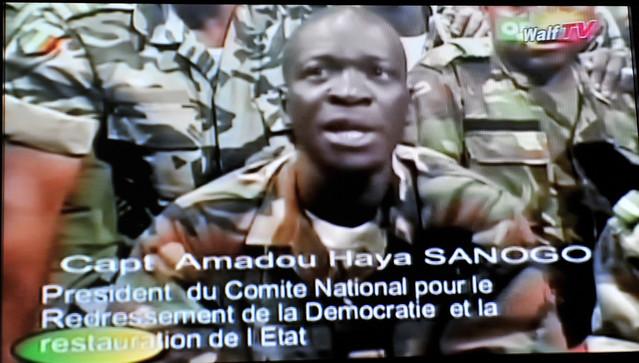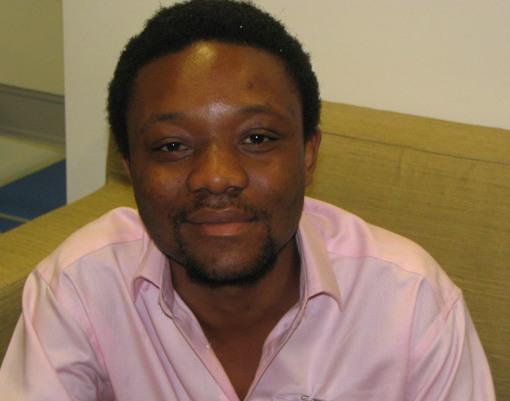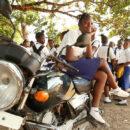Moreno Ocampo: Ma’aliya are Janjaweed – By Alex de Waal

 Yesterday I had the opportunity to put a question to Luis Moreno Ocampo, former Prosecutor of the ICC, who was visiting the Fletcher School. The question was a clarification on footnote 3 on page 12 of the July 14, 2008, public application for an arrest warrant against President Omar al Bashir. The footnote reads:
Yesterday I had the opportunity to put a question to Luis Moreno Ocampo, former Prosecutor of the ICC, who was visiting the Fletcher School. The question was a clarification on footnote 3 on page 12 of the July 14, 2008, public application for an arrest warrant against President Omar al Bashir. The footnote reads:
“The Militia/Janjaweed are described using various terms such as “Janjaweed”, “Fursan”, “Mujahideen” and “Bashmerga”. Janjaweed literally means “a man (a devil) on horse”. Historically in Darfur Janjaweed has referred to armed robbers or bandits mounted on horses or camels. In more recent times, however, the term has been used to refer to members of tribes mainly from Ma’aliya, Mahamid, Northern Reizegat, Jalul etc. who have volunteered to fight for and with the backing of the Sudanese Government.”
I asked Moreno Ocampo for clarification as to whether the Ma’aliya were indeed Janjaweed. He didn’t duck the question or say that his memory on this detail might have failed him. Rather, he insisted that yes they were Janjawiid and he had the evidence. When I pointed out that no literature on Darfur had ever, anywhere, made this claim, he dug his heels in and insisted that the details were confidential.
This footnote smacks of ethnographic illiteracy. For a start, the Jalul are a section of the Mahamid which is a section of the northern Rizeigat. The Mahariya are another section of the northern Rizeigat. The Ma’aliya live several hundred miles away and were uninvolved in the conflict in 2003/04. I suspect that one of the interns who compiled the arrest warrant made an elementary clerical error and meant to write Mahariya not Ma’aliya.
However, Moreno Ocampo insists that the very serious charge, that an ethnic group is part of a notorious militia, is correct. Let him not hide behind the claim that the evidence is secret: let him substantiate this accusation.
Alex de Waal is Director of the World Peace Foundation.







Well, proof it Mr Ocampo. Ma’alia are paying the price for not being Janjweed.